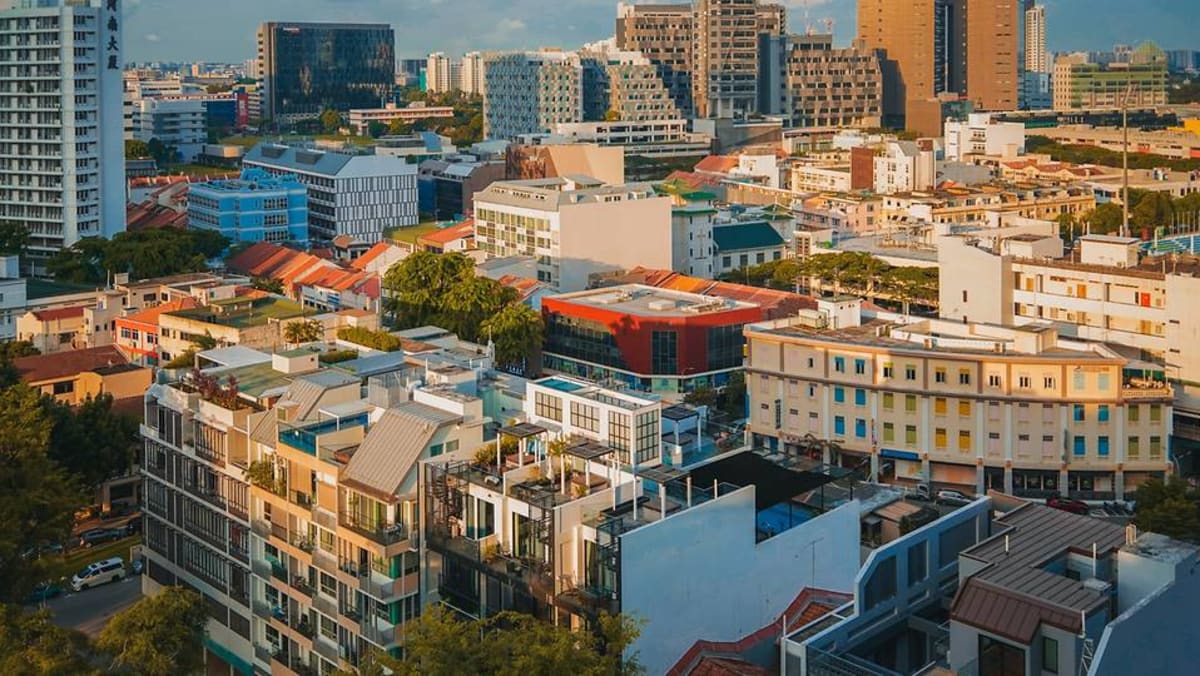The government introduced ABSD as a tax in 2011 to manage demand for property. Singaporeans must pay 17 per cent in ABSD when purchasing a second property, and 25 per cent on subsequent purchases.
Those figures are higher for permanent residents and foreigners.
ABSD is computed “on the purchase price as stated in the dutiable document or the market value of the property”, whichever is the higher amount, according to the Inland Revenue Authority of Singapore (IRAS) website.
There are two ways to buy property in Singapore when there are two owners: One would be joint tenancy, which is commonly used by couples, where both parties will have an equal share of the property.
The second way would be tenancy-in-common, which is commonly used for investment properties. Under this structure, the co-owners own a specific number of shares in the property and this could be split in any ratio, such as 80 to 20.
IRAS is looking into the second way – private property buyers who have entered into split agreements with the possible intention of avoiding ABSD.
If the 99-to-1 intention is declared at the outset, the ABSD is payable as long as one party is an existing property owner.
What IRAS is looking out for are cases of possible tax avoidance by buyers who have entered into a 99-to-1 scheme in which the 1 per cent stake is sold immediately after the purchase option is exercised.
Using such an arrangement, where the 1 per cent stake is sold in the second stage, as an example:
A person who owns a residential property buys a second. This means he is liable to pay ABSD of 17 per cent.
If the property costs S$1 million (US$752,000) and he buys 1 per cent of this, his share of the property is S$10,000. Therefore, he has to pay 17 per cent of S$10,000 – that is, S$1,700 – as ABSD.
When a residential property is jointly purchased by two or more buyers, the ABSD rate arising from the buyer with the highest ABSD profile will apply on the entire value of the purchase.
Hence, when a single purchase is split up into two or more steps to reduce the tax payable, the Commissioner of Stamp Duties is empowered under Section 33A of the Stamp Duties Act to disregard the individual steps and assess stamp duty as a single joint purchase, and to recover the rightful amount of ABSD due.







